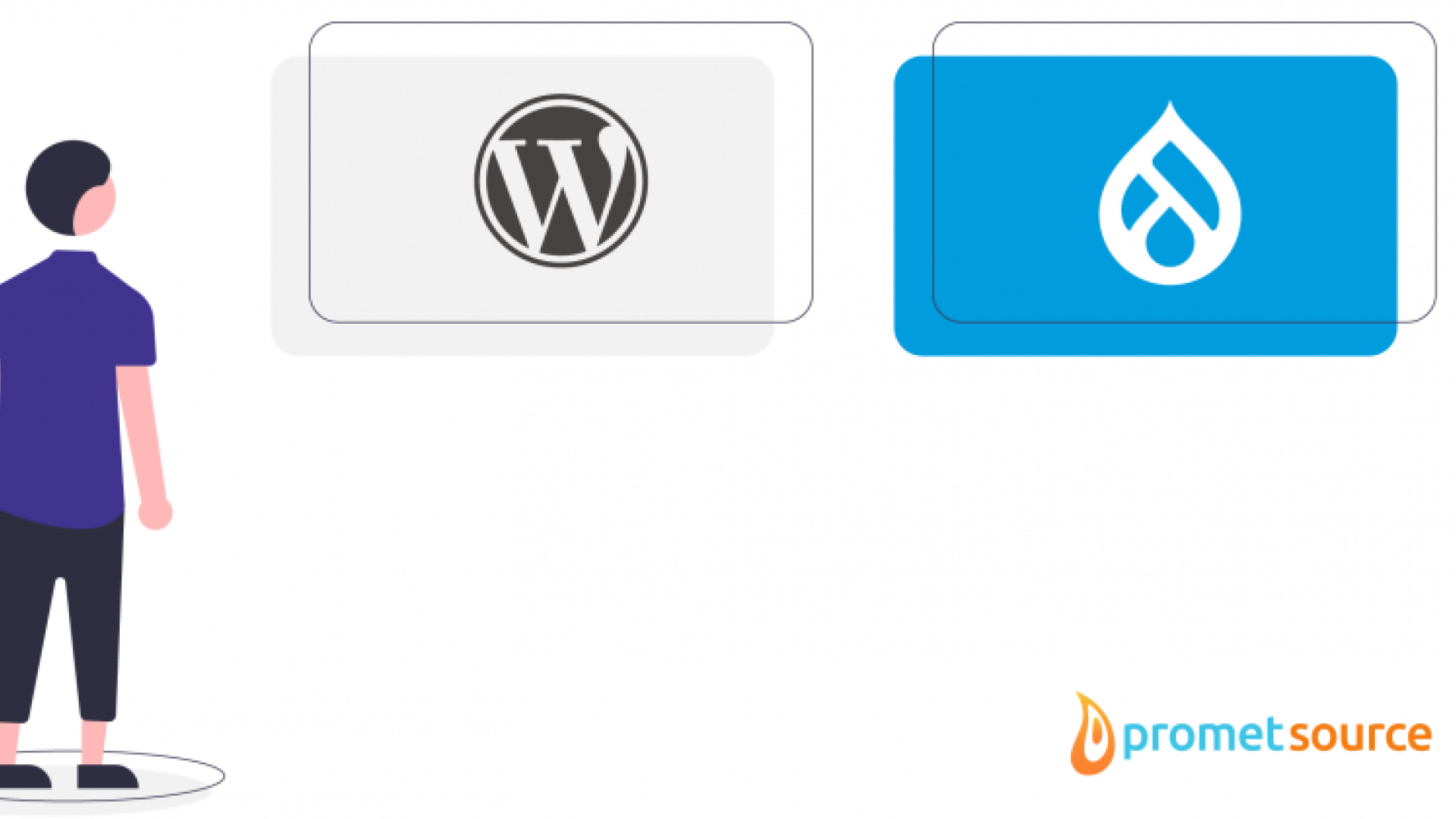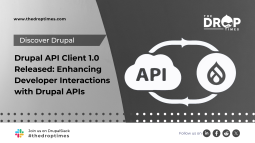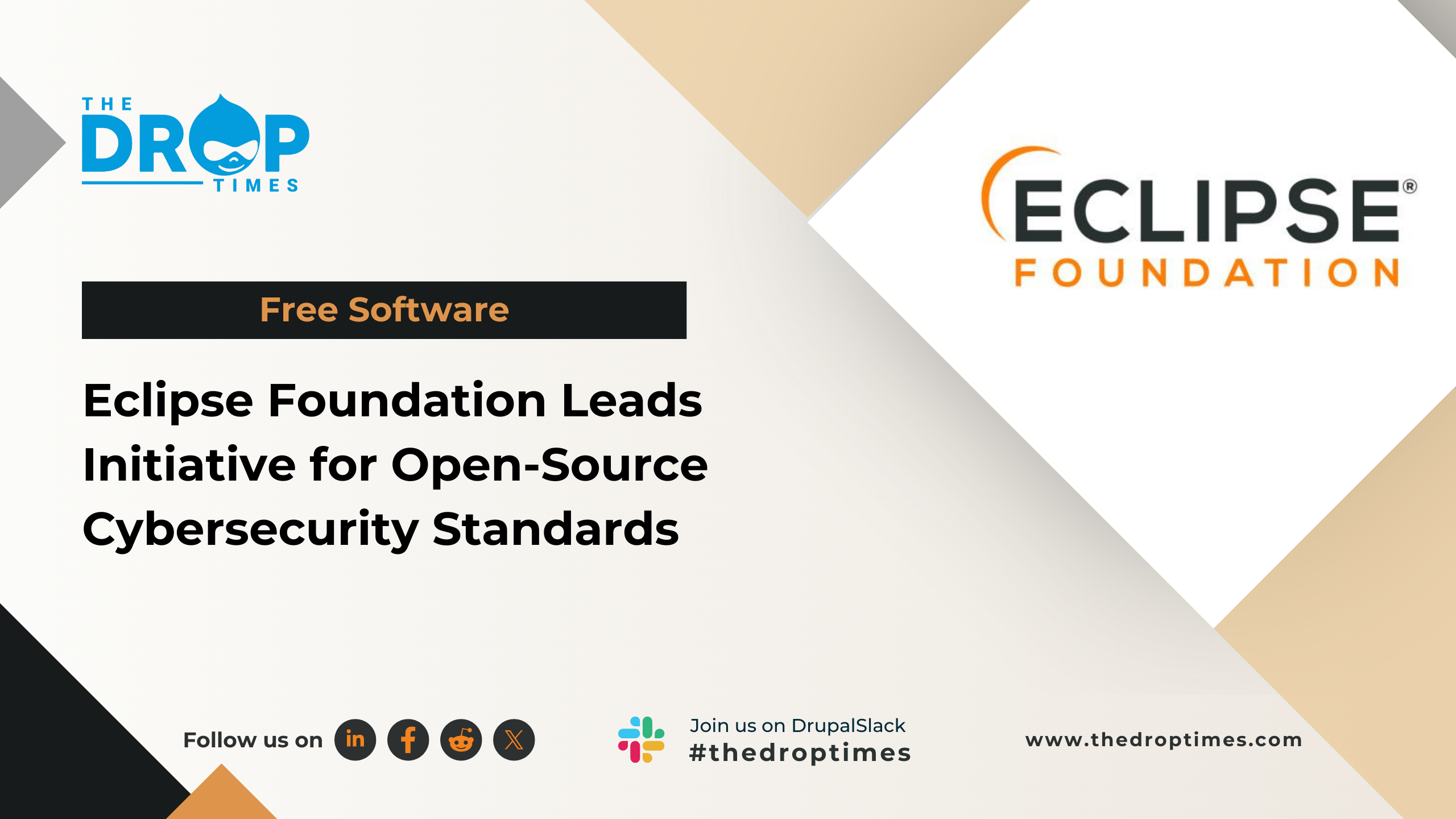Drupal vs. WordPress: Harnessing the Strengths of Top CMSs
The ongoing debate on choosing between Drupal and WordPress has sparked considerable discussion, with enthusiasts touting the strengths of their preferred open-source content management platform. Prometsource's latest blog post, “Drupal vs. WordPress: Key Strengths of the Top CMSs” by Aaron Armstrong revolves around the same.
While this debate has evolved over the years, it's crucial to acknowledge that Drupal and WordPress have matured significantly since their inception in the early 2000s. Recent developments, such as integrating WordPress's Gutenberg content editor into Drupal, have illustrated a growing convergence between the two platforms, narrowing the gap in their capabilities.
Drupal, written in PHP, has gained traction in sectors demanding scalability and security, including government, higher education, and large enterprises. Its robust taxonomy system, customizable user permissions, and accessibility compliance features make it a compelling choice for architecturally complex websites. Drupal's evolution, marked by incremental upgrades like Drupal 10, has introduced no-code/low-code solutions and component-based design capabilities, catering to marketers and content editors seeking flexibility.
Conversely, WordPress boasts a broader user base, occupying a substantial 64.3% share of the global CMS market. Initially designed for blogging, WordPress's low entry barrier has made it accessible to non-technical users. It accommodates many needs, from small websites to enterprise-level platforms. With over 60,000 plugins, WordPress provides flexibility and rapid site development without the need for extensive custom coding.
According to the blog, a core distinction between the two CMSs lies in how they handle functionality expansion. Drupal centralizes much of its functionality within the core, gradually incorporating popular modules, resulting in stability and efficiency. WordPress relies heavily on themes and plugins for expanded capabilities, offering greater flexibility but potentially compromising security. Both have their merits and can excel depending on the project's complexity, making the choice between Drupal and WordPress a nuanced decision tailored to specific needs.
In summary, the Drupal vs. WordPress debate persists with fervent supporters on both sides. However, the evolution of these platforms has blurred the lines between them, making them suitable for a wide range of projects. The decision ultimately hinges on factors like complexity, security, and scalability, emphasizing the importance of careful analysis and expert guidance in selecting the right CMS for a given task.
Know more about the key strengths of the top two CMSs, Drupal and WordPress here.
Disclaimer: The opinions expressed in this story do not necessarily represent that of TheDropTimes. We regularly share third-party blog posts that feature Drupal in good faith. TDT recommends Reader's discretion while consuming such content, as the veracity/authenticity of the story depends on the blogger and their motives.
Note: The vision of this web portal is to help promote news and stories around the Drupal community and promote and celebrate the people and organizations in the community. We strive to create and distribute our content based on these content policy. If you see any omission/variation on this please let us know in the comments below and we will try to address the issue as best we can.





























